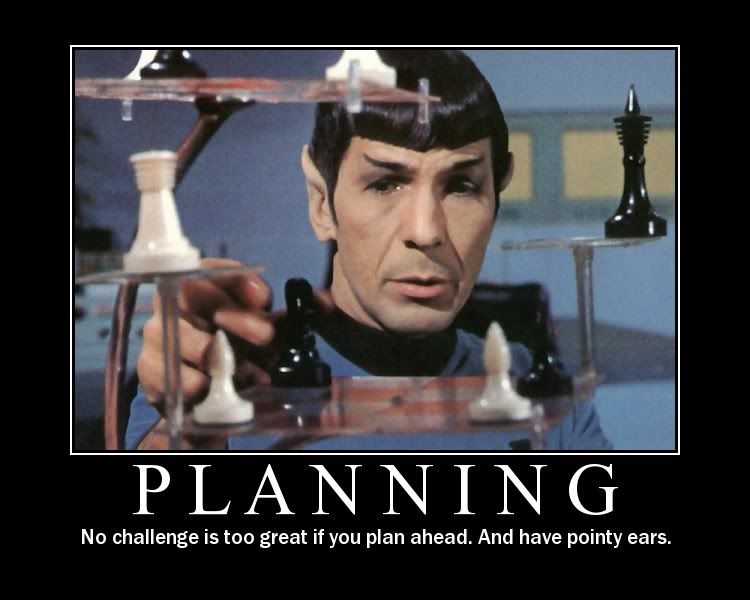
The novel rattles along towards its end. You’ve been with these characters for hundreds of pages, followed their stories for thousands of words. Now, at last, you’re in the final chapter. The drama and action are at their peak. The conclusion rushes up on the last page of the chapter, and…
What’s this? There’s more? I thought the story was over!
Epilogues are interesting creatures. On the one hand, they allow a “where are they now” recap of the stories of your characters, the opportunity to tie up loose ends. On the other, they take place after the principle action of the narrative, perhaps in an arbitrary or artificial fashion. Let’s take a look at these specimens in more detail, to see if there’s a right or wrong way to implement them or if they’re even necessary at all.
Epilogues Are Not Bad
Once you get to the end of the story’s major plot, there may be minor ones that still need to be resolved. And that resolution might not come right away. The major plot may require cleanup, say if the evil overlord’s exploding hideout set the nearby forest on fire or the police need to take statements and make a case that the hero was actually breaking the law and needs to serve time. The protagonist may need to disappear in the wake of that explosion, or maybe they won’t see their significant other until they get out of the slammer on good behavior. Yet you still want to resolve some things for them after that time period. Epilogues let you do that.
Putting these story points in an epilogue instead of an additional chapter indicates that this final part of the narrative is occurring outside of the timeline of the main plot. Readers spend a bit more time with characters, see the resolution of certain situations and get the opportunity to decompress after the experiences within the climax. If nothing else, it allows the writer to tie up loose ends.
Epilogues Are Not Good
Then again, if you have a lot of loose ends to tie up, maybe you need to rethink where those threads came from in the first place. Why tack on additional words after you resolve all the action? End on a high note, as they say. Less is more. Resolve what needs to be resolved and no more. Let the reader fill in the blanks themselves.
Also, epilogues can be arbitrary or even artificial. If you’re writing a novel, it’s already a long work. Do you really need to make it longer? Epilogues are also breeding grounds for things like sappy reconciliation, forced relationship resolution and groundwork for a sequel that may never come. At worst, they’re vestigial growths that operate like the human appendix: unnecessary and possibly poisonous to your creation.
Epilogues Are Both. Or Neither!
I think it might be a case-by-case basis. I see both the merits and flaws in an epilogue. I can understand cases where they might be necessary and cases where they serve no purpose other than lengthening the story or providing setup for future works. And as far as my own work is concerned — Citizen in the Wilds in this case — I’m on the fence.
What do my fellow writers think? Are epilogues good things from time to time? Or do all of them need to die in a fire?





